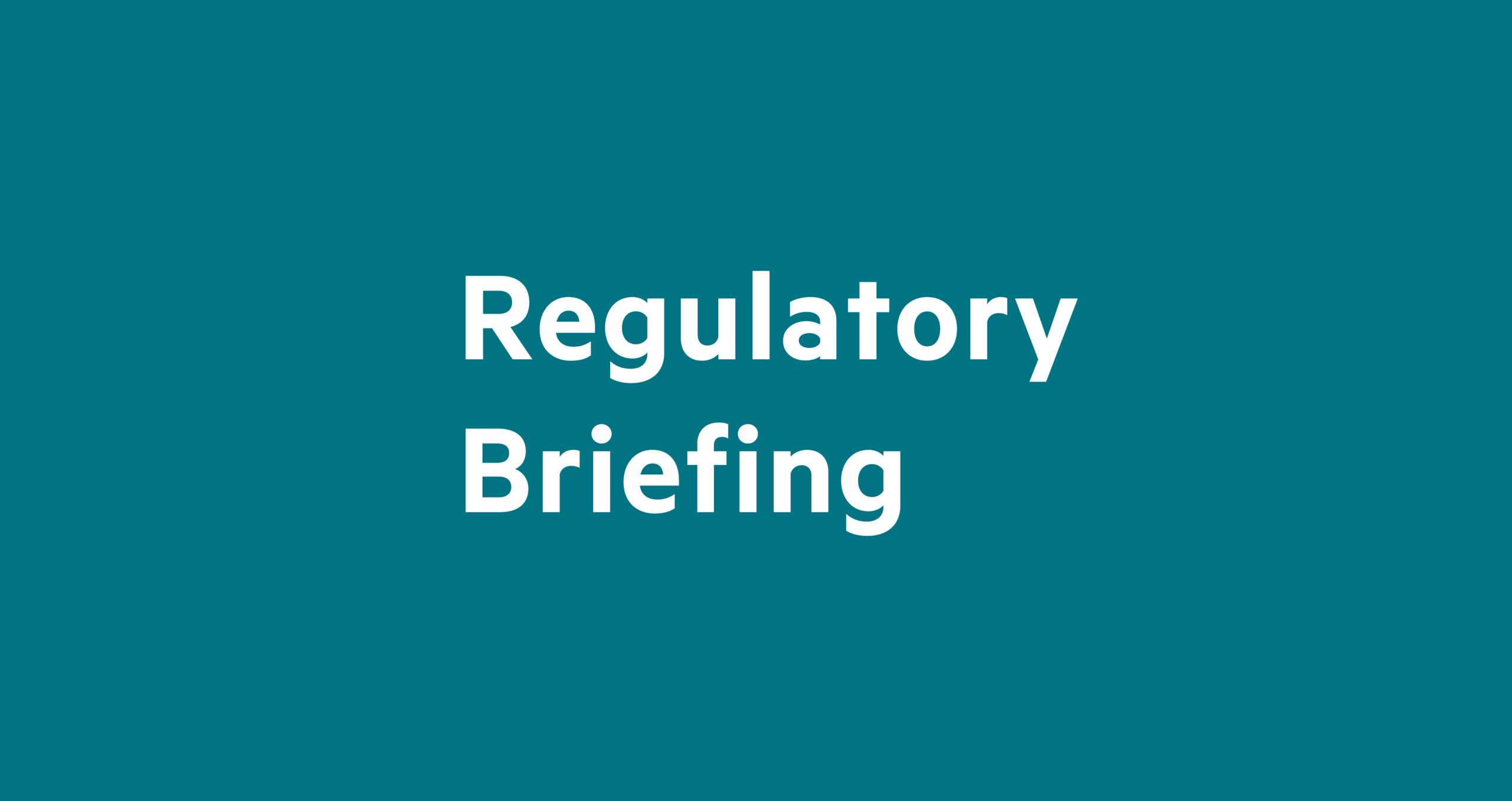
Regulatory Briefing: FSB urges regulators to adopt more consistent global approach to climate

The Financial Stability Board has published a report warning regulators of the grave systemic risks posed by climate change and urging them to adopt a more consistent global approach.
The 56-page document, ‘Supervisory and Regulatory Approaches to Climate-related Risks: Interim Report’, is framed as a consultation on how the Basel-based body might assist supervisory and regulatory authorities to manage climate change risks better.
Spillover. The overriding theme is that regulators scrutinising financial institutions at the level of an individual firm may be blind to serious trouble brewing systemically, if and when companies – and whole sectors – hurriedly strive to offload risk. The report is strewn with terms such as “fire-sale dynamics”, “spillover” and “second-round effects”.
The FSB says a more consistent global approach to addressing climate-related risks will help to better assess and mitigate financial vulnerabilities, and reduce the risk of harmful market fragmentation. Meanwhile, potential macroprudential tools or approaches should complement microprudential instruments.
Hard talk? There is little doubt that the FSB believes national central banks and other supervisors need a wake-up call. It says so far, regulators have done limited work to comprehend how feedback loops impact the real economy and that few authorities have considered feedback loops in their analysis. Worse still, some jurisdictions do not even use climate scenario analysis and stress-test exercises to inform regulatory policy.
“Authorities are starting to expand their approaches by looking at risks in aggregate and factoring in system-wide aspects, such as risk transfers between financial sectors, spillovers and feedback loops between the financial system and the real economy,” says the FSB. “Examples include the potential increase in insurance premia and insurance protection gap, which could impact credit risk for banks; credit tightening and financial stress resulting from abrupt changes in global climate policy; potential fire-sale dynamics; and the potential for risk management actions by individual financial institutions to cumulate to create systemic risks.”
Unintended consequences. There is a specific worry that financial intermediaries may step back in the short term from the provision of funding to corporates that are large carbon emitters, creating more stranded assets in sectors such as commodities. Furthermore, the use of collateral to mitigate risks may become less effective if the collateral is exposed to the same climate-related risks. All the while, climate-related risks may exhibit “tipping points and non-linearities, which may amplify the feedback effects between the financial sector and the real economy”.
In addition to greater global consistency, the FSB calls for regular, standardised regulatory reporting requirements. Regulatory returns need to gather more granular and specific climate-related data on a consistent basis; and there needs to be capacity building, including the upskilling of staff and development of analytical tools.
The FSB consultation runs until 30 June.
Similar Articles

Explainer: The IRA begins to attract overseas battery manufacturers to the US

In Brief: EU clean tech investment soars; US increases tariffs on Chinese imports


